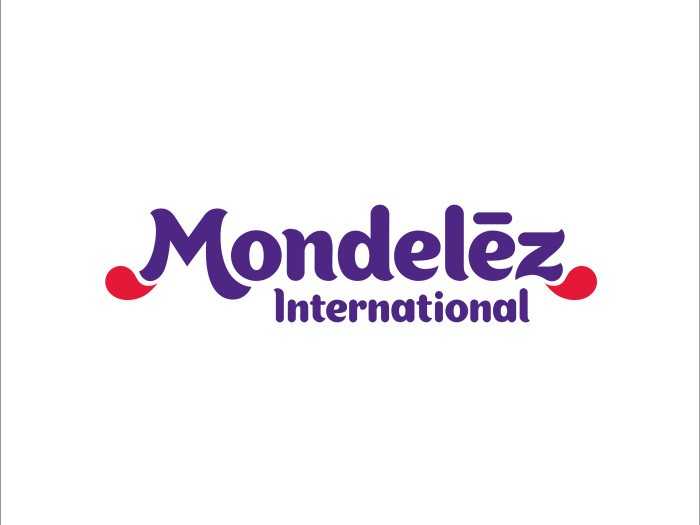DEERFIELD, Ill., U.S. – Mondelēz International today announced its commitment that by 2025 the Cocoa Life sustainability program will deliver 100 percent of the cocoa volume needed for the company’s Chocolate brands, following promising results in the program’s first six years. Cocoa Life helps to create a thriving cocoa supply chain by increasing yields on existing farms, building resilience in cocoa-growing communities and preventing deforestation.
Today, 43 percent of Mondelēz International’s Chocolate brands source cocoa through Cocoa Life. By 2025, beloved international brands and local favorites including Toblerone and Lacta will join Milka, Côte d’Or and Cadbury Dairy Milk in sourcing exclusively through the program. This expansion will see an increase in the number of farmers and communities Mondelēz International supports across six cocoa origin countries: Ghana, Côte d’Ivoire, Indonesia, Dominican Republic, India and Brazil.
“Our Purpose at Mondelēz International is to empower people to snack right and that journey begins with the ingredients we source, including cocoa,” said Chairman and Chief Executive Officer Dirk Van de Put.
“As demand for chocolate continues to grow, we are leading the transformation to build a thriving cocoa sector, an ingredient essential to our growth. This is an important milestone for our Cocoa Life program and will ensure more consumers around the world can be confident that the chocolate brands they love are made the right way.”
When the program launched in 2012, Mondelēz International committed $400 million to Cocoa Life over 10 years to help build a thriving cocoa supply chain by increasing cocoa productivity and empowering local cocoa farming communities to improve their resilience. Today, the program works directly with cocoa farmers and communities to transform their livelihoods through a focus on skills, education and access to essential resources such as planting materials and crop protection.
Today, Mondelēz International also released Cocoa Life’s 2018 Annual Report, the first-ever large-scale impact report in the cocoa industry, which shows encouraging results from the first six years of the program. The program works with over 142,000 farmers to grow more cocoa on their farms, empowers more than 1,400 communities to drive their own development and scaled up sourcing to cover 43 percent of the company’s Chocolate made today.
The report shows that Cocoa Life is having a positive impact:
- Cocoa yields are continuously improving and results show that as cocoa farms become more efficient, their yield increases. This is an important development, as farms that can do more with less land are able to create spare land that can be used for other income-generating activities, helping make cocoa farming a prosperous business.
- More communities are steering their own development and Cocoa Life communities can become drivers of change. Through the use of planning and advocacy tools, these communities have been able to attract the funding and resources needed to develop — an important step because sector change will only be sustained if local actors feel empowered to do so.
- Farmers are choosing not to expand into protected forests and encouraging and enabling cocoa farmers and communities to protect the land where cocoa is grown has been fundamental to the Cocoa Life approach. Mapping efforts and tools support farmers in understanding how to get more out of their farms – helping them build better businesses.
Guided by results, the program will refine its focus to key areas of intervention where the biggest impact can be made; cocoa farming as a prosperous business of choice; empowered and inclusive communities that drive their own development; conservation and restoration of forests enabling climate-resilient practices.
“The expansion of Cocoa Life moves Mondelēz International a step closer to improving the positive impact the company has on people and the planet,” Van de Put said. “Through Cocoa Life, we are leading the way in the fight against climate change in the cocoa sector and playing an active role in securing sustainable supplies of key raw materials. “
“Success will not be found by acting alone, and this is why we are building a movement for lasting change and scaling our holistic approach through productive, collaborative partnerships,” he added. “We hope our encouraging results inspire more industry members to implement integrated approaches and broaden their impact at scale.”


















